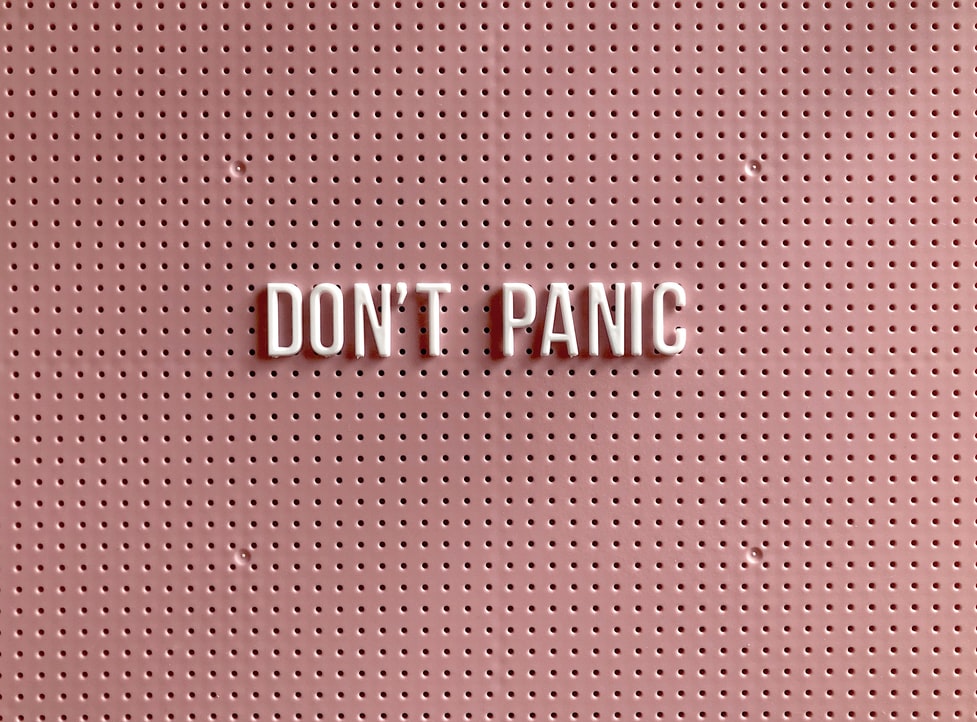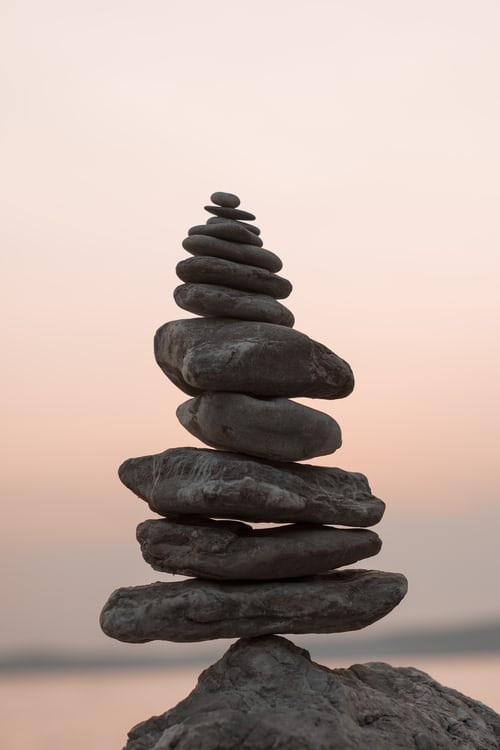What is eco-anxiety?
As we become increasingly and inescapably aware of the severity of the climate crisis, the desire to take action continues to intensify; but this is often accompanied by a sense of powerlessness and fear.
Headlines such as “Code Red for Humanity” urge the public to alter their lifestyle patterns, eat less meat and take fewer flights, but they can also trigger a state of panic and stress, recently coined as “eco-anxiety”. According to the American Psychological Association eco-anxiety can be defined as a:
“Chronic fear of environmental doom”.
Even the description is enough to make the chest tighten.
Common signs of modern day eco-anxiety can be the sense of powerlessness and frustration when hearing about global warming, guilt surrounding your personal attributions to climate change, fear for future generations and the overwhelming sense of dread driven by natural disasters. This can lead to a number of consequences, including a lack of focus among both adults and children during day-to-day tasks such as work, school attendance and social events.
The rising levels of eco-anxiety over the years have been accelerated by a multitude of factors. Awareness campaigns have played a significant part – most prominently in what some have dubbed the Greta Thunberg effect – as environmentalists, especially younger ones, have gained significant media coverage and captured public attention. The effect, driven by the use of emerging channels such as social media, has been extensive.
Awareness has simultaneously grown as traditional media publish more and more alarming global warming statistics and stories. Current examples of the climate crisis consuming the media are the wildfires sweeping through Greece and Algeria, the record breaking heatwave that scorched Sicily and Madagascar’s approaching climate change-infused famine.

Photo by Carlos Roso on Unsplash
However for those concerned with climate change, it is not just awareness or news reports that can contribute to eco-anxiety. In fact the challenge is further compounded by those who continue to deny the effects – even as recent as June, new British TV service GB News came under fire for promoting the appearance of climate change deniers on programmes – which in turn creates the fear that any positive change will be held back or prevented by other groups of people. Fake news and the concern of being lied to about these issues can also heighten fears.
So, why should we remain calm in the face of the dangerous realities of climate change?
Driven by the pandemic, the world has adopted collaboration and communications technology on an even greater scale than before, creating more potential for individuals and organisations to influence those around them. That’s why it’s important to remember what we are still in control of and how we, even as a group of individuals still have the power to collectively inform and educate those around us.
How to convert your eco-anxiety into constructive action
Those pangs of hopelessness have the power to be channelled into positive action that can ultimately help to combat and even reverse the climate crisis and create a more sustainable future. There are volumes of advice on the internet, but one of the best ways to make long-term changes to your lifestyle is by starting with small changes. Start by adding one or two eco-friendly habits into your daily routine and build it up as you become more accustomed to the green way of life.
- “Think Globally, Act Locally” – this is a great motto to remind yourself of what you are in control of and to keep at the forefront of your mind when making purchasing decisions.
 Try out a more flexitarian diet by cutting out meat a few days a week and replacing it with pulses, beans and lentils.
Try out a more flexitarian diet by cutting out meat a few days a week and replacing it with pulses, beans and lentils. - Become an early adopter and look towards the future with electric or hybrid vehicles.
- Do your research! Before you purchase anything, understand its source, read the label and take into account the impact of the journey that product has had to end up on the shelf in front of you.
- When purchasing clothes use ethical ranking tools such as Good On You to recognise the impact that fast fashion brands have on “people, planet and animals”.
- Grow your own herbs, vegetables and fruit in whatever garden space you have. They not only taste better but gardening offers stress-relief and relaxation.
- Influence others! Discuss and share what actions you are taking to change your lifestyle for the future of the planet and our next generations. This can impact those around you to change their purchasing decisions and alter their perspectives on climate change and the environment.
- Support your opinions with facts! Social media can a great place to educate yourself, but be sure to corroborate every discussion you have with real life facts and examples
There is still much that can be done to tackle climate change and to mitigate eco-anxiety. Beyond what we can do as individuals, global collaboration is also important – vital research projects and activities aiming at a sustainable future continue to progress, and publicly sharing and getting involved with this work can help further develop that sense of hope.
Photo by Bekir Dönmez on Unsplash
JOIN OUR MAILING LIST
and keep up-to-date with everything impact related.


